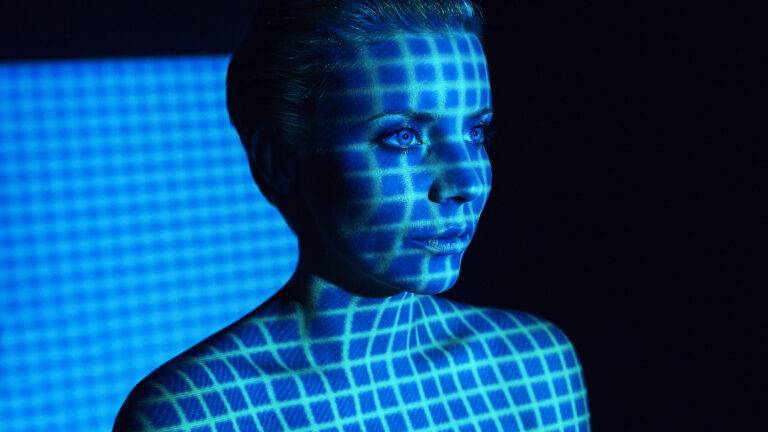
Why did the study target X?
The University of Michigan research team worried that their experiment posting AI-generated NCII on X may cross ethical lines.
They chose to conduct the study on X because they deduced it was “a platform where there would be no volunteer moderators and little impact on paid moderators, if any” viewed their AI-generated nude images.
X’s transparency report seems to suggest that most reported non-consensual nudity is actioned by human moderators, but researchers reported that their flagged content was never actioned without a DMCA takedown.
Since AI image generators are trained on real photos, researchers also took steps to ensure that AI-generated NCII in the study did not re-traumatize victims or depict real people who might stumble on the images on X.
“Each image was tested against a facial-recognition software platform and several reverse-image lookup services to verify it did not resemble any existing individual,” the study said. “Only images confirmed by all platforms to have no resemblance to individuals were selected for the study.”
These more “ethical” images were posted on X using popular hashtags like #porn, #hot, and #xxx, but their reach was limited to evade potential harm, researchers said.
“Our study may contribute to greater transparency in content moderation processes” related to NCII “and may prompt social media companies to invest additional efforts to combat deepfake” NCII, researchers said. “In the long run, we believe the benefits of this study far outweigh the risks.”
According to the researchers, X was given time to automatically detect and remove the content but failed to do so. It’s possible, the study suggested, that X’s decision to allow explicit content starting in June made it harder to detect NCII, as some experts had predicted.
To fix the problem, researchers suggested that both “greater platform accountability” and “legal mechanisms to ensure that accountability” are needed—as is much more research on other platforms’ mechanisms for removing NCII.
“A dedicated” NCII law “must clearly define victim-survivor rights and impose legal obligations on platforms to act swiftly in removing harmful content,” the study concluded.

